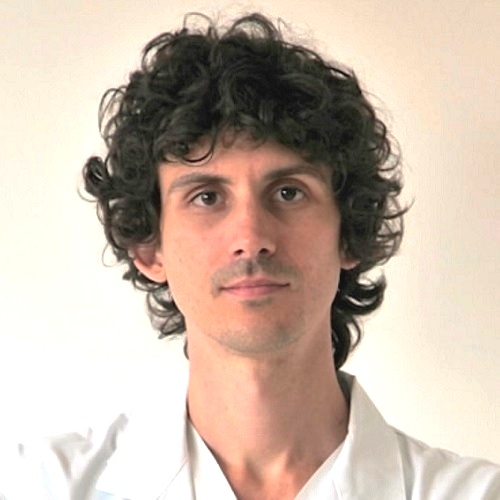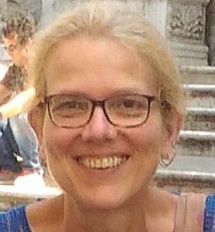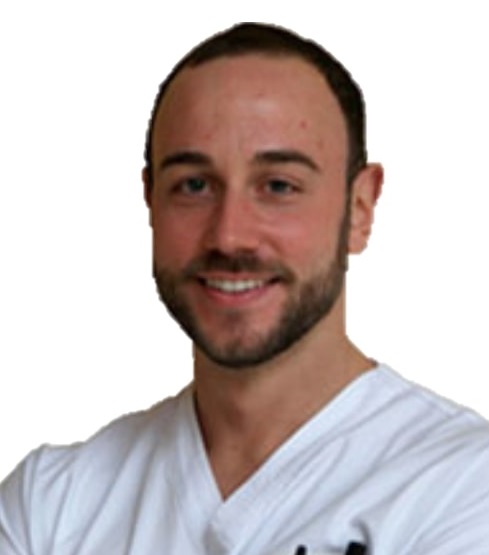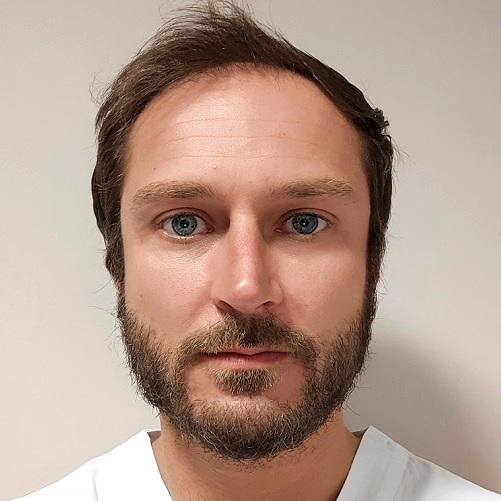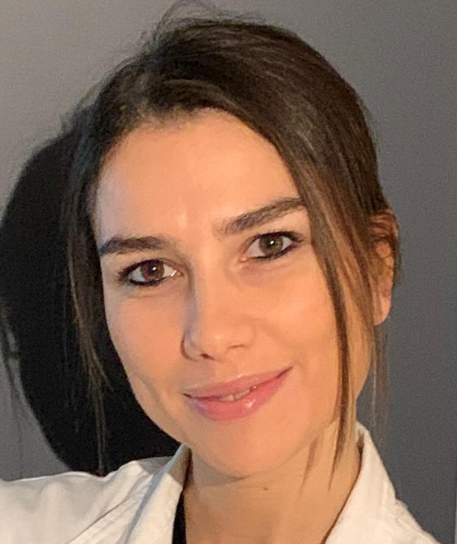Introduction
The Ward Reconstructive Orthopaedic Surgery and Innovative Techniques - Musculoskeletal Tissue Bank includes a total of 28 beds, distributed into 8 rooms with 3 beds each and 2 rooms with 2 beds each; all rooms are provided with bathrooms. A doctor from the Unit is on duty from 7.30 am to 7.30 pm on workdays and from 7.30 am to 1.30 pm on pre-holidays; on holidays, the duty time is in the morning. The Unit shares the plaster room and the medication room with other units. The divisional outpatient clinic is open on Tuesday, Wednesday and Thursday. The afferent outpatient clinic for Regenerative Medicine is open on Wednesday afternoons; again on Wednesday afternoons, the Unit offers a Diagnostic-Therapeutic-Assistential pathway for people suffering from Congenital Hemorrhagic Diseases and Arthropathies, in collaboration with the Angiology and Coagulation Diseases Service of the S.Orsola-Malpighi General Hospital.
Clinical Practice
The Unit focuses mainly on reconstructive and conservative surgery and lower limb prosthetic disorders, in particular of the hip, knee and ankle.
Osteo-cartilaginous hip, knee and ankle lesions are treated mainly in young patients, with a focus on the use and development of minimally invasive conservative surgical techniques, using osteochondral scaffolds, growth factors and stem cells. These kinds of procedures are usually performed by arthroscopy.
Prosthetic hip surgery, performed on both primary and secondary arthrosis (for dysplastic, rheumatic, and post-traumatic disorders) is mainly focused on the use of conservative implants allowing better preservation of the bone and innovative biomaterials able to guarantee durability and long-term beneficial effects. When possible, minimally invasive access that respects muscular insertions is performed (anterior route to the hip).
A series of specific rehabilitation protocols (i.e. Fast Track Protocol (link in Italian) have been implemented to reduce as much as possible the recovery needed to resume normal activities and to optimise post-surgical functionalities. Particular attention is also dedicated to the diagnosis and surgical treatment of painful hip arthroprosthesis (echo-guided test with local anaesthetics, second-level diagnostic imaging such as 3 TESLA MRI arthrolysis and arthroscopic tenotomy).
Hip prosthesis reimplantations are performed for both septic and aseptic mobilisations. We programme customised tracks from the diagnosis to the specific treatment tailored to the patient’s specific requirements. In particular, we use the most modern revisional prosthetic solutions, with the utilization of biocompatible and low-wear materials to guarantee the best possible outcome.
The possibility to draw on the Musculoskeletal Tissue Bank allows us to be able to overcome also the most difficult cases where severe bone loss is present, by obtaining customised bone grafts created with the most advanced 3D technology. MD Dante Dallari, director of the ward, has created a specific revision implant that can give excellent results in the most critical cases.
We perform prosthetic surgery on the knee, with computer-assisted methodology, when necessary. Our digital intraoperative navigation systems allow us to perform all surgical steps under strict control and accurate monitoring in the most complex cases. Furthermore, we carry out knee prosthesis revisions for both septic and aseptic mobilisations.
Within the ward, we provide a series of diagnostic-therapeutic processes dedicated to young patients and sports patients for the management of joint diseases of the hip, the knee and the ankle. Hip Arthroscopy (link in Italian) is performed to treat joint pathologies such as femoro-acetabular impingement (FAI), hip labral lesions and cartilage lesions, intra-articular fragments and synovitis. Thanks to our long experience in the field of arthroscopy we also developed a post-operative programme specifically devolved at reaching a quick and optimal recovery after this kind of surgery.
For years we have implemented the application of regenerative medicine protocols that include the use of growth factors and stem cells. This allowed us to optimise the treatment of pathologies such as osteonecrosis of the femoral head (link in Italian), transient oedema hip (link in Italian) and pseudoarthrosis (link in Italian).
We also developed a specific protocol for the management of Groin Pain Syndrome in sports patients (link in Italian). The symptoms linked to this pathology can be characterised by a complex diagnosis which requires specialised medical supervision from the diagnosis itself throughout the treatment and rehabilitation.
The Unit also treats osteomyelitis.
Day Surgery activities are prevalently dedicated to knee and ankle arthroscopy.
The Regenerative Medicine outpatient clinic treats, in particular, patients with osteonecrosis of the femoral head (link in Italian) and other areas (humerus, knee, ankle), together with hip pathologies without prosthetic indications (hip arthroscopy (link in Italian), osteotomy, joint reconstruction) and pseudarthroses of the long bones. We also carry out intra-articular and tendinous infiltrative treatments aimed at curing inflammatory conditions and arthrosis in its first stages. We periodically activate study protocols on intra-articular and tendinous infiltrative therapies with Platelet Rich Plasma (PRP) and stem cells.
Research Activity
Research activity is primarily dedicated to the development and utilization of conservative prosthetic implants, together with the use of minimally-invasive access routes (anterior route to the hip). We also implement personalised methodologies for clinical and assistance pathways in the case of hip and knee prostheses, through the use of computer-assisted techniques, appropriate use of blood and the optimization of rehabilitative pathways (fast-track pathway).
Our research fields include bone and cartilage reconstruction techniques and customised grafts, together with the use of growth factors and stem cells and the study of biomaterials.
The Musculoskeletal Tissue Bank
The Reconstructive Orthopaedic Surgery and Innovative Techniques - Musculoskeletal Tissue Bank Hospital Ward also includes, in addition to the regular hospital structure, the Musculoskeletal Tissue Bank (BTM) of the Rizzoli Orthopaedic Institute. The main synergy developed together with the clinical activity of the Ward regards the preparation of bone grafts suitable for the skeletal reconstruction of bone loss in cases of revisional prosthetic surgery and pseudarthrosis of the long bones.
Thanks to the cooperation with the BTM R&D Laboratory (BTM Research & Development), several clinical studies are carried out along with independent research projects, which often involve different national and international hospitals and universities. Through an interdisciplinary approach, the BTM researchers apply STEM competencies (Science Technology Engineering and Mathematics) intending to promote new products and services and at the same time safeguard the highest quality and safety standards for the distribution of musculoskeletal tissue. Custom bone grafts are produced and designed with robotised technology and with 3D-printed models in the most complex clinical cases. Furthermore, innovative bone pastes are designed so to guarantee faster healing and efficacy.
The Bank is provided with a dedicated website.
Staff
Medical staff
Other personnel

Contacts and Locations
For all the information about the surgical waiting list and hospitalisation timings please get in touch at 800 298 009 MON-FRI 8:00 AM – 2:00 PM
For any additional information visit the other sections of our website or contact the URP
Rizzoli Orthopaedic Institute
Via Giulio Cesare Pupilli 1
40136, Bologna
Ward: 4° Floor New Building

